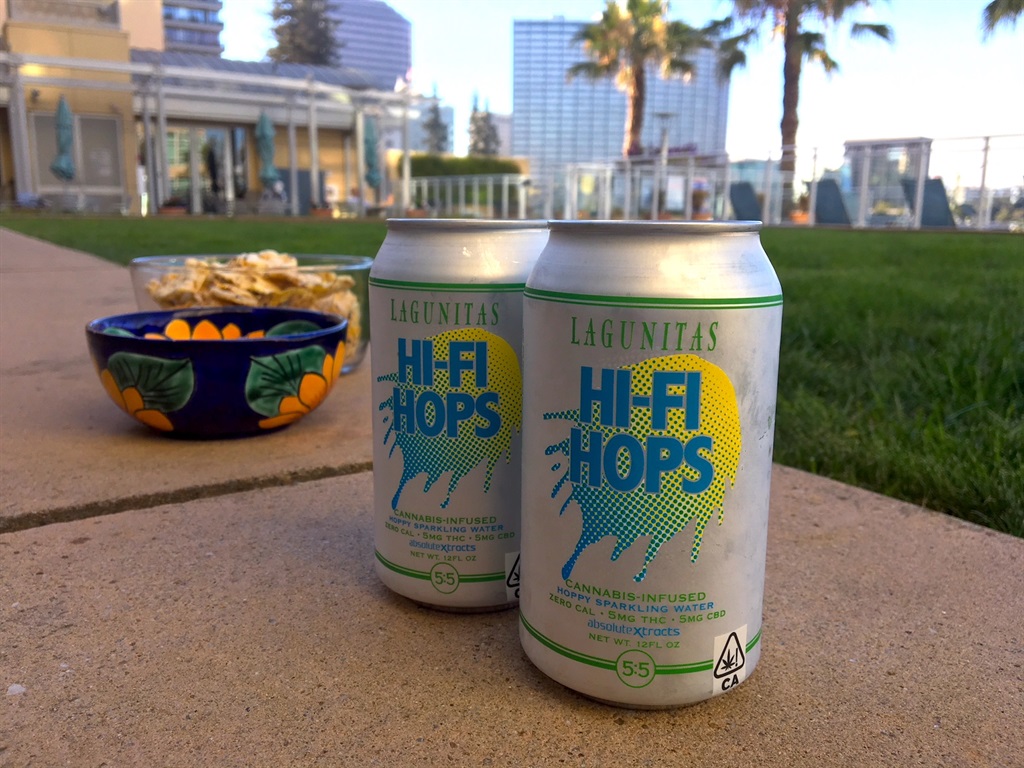Jack,
I am amazed of how God uses human beings to show His love for us. I remember meeting you the first time at the upstairs of San Jose Downtown library as John insisted I need to see you. I remember seeing John spending hours typing away the prolific letters you sent from the county hotel so you could communicate with lawyers and other key people. I remember driving with John to City Team and bringing all your belongings to my tiny studio (smallest plane I’ve ever lived) on Sixth Street Downtown San Jose. Your printer, all your manuscripts, clothes and your cowboy hat that in a stupid moment of ignorance threw away in the garbage (thanks for forgiving me about that). I remember visiting you in the county hotel, I remember John driving that same Triumph (or was it the green one?!) to a different street parking space so it wouldn’t be towed away. I remember seen the biggest jar of peanut butter in the truck of that car. I remember you bringing lots of gourmet meat from your work place, I remember the cell phone you gave me after you earned your first paycheck and your words “Call me anytime if you need any help” when you sleeping at the Catholic church while John was going to be in Brazil for s couple of months and you wanted to make sure I was protected. (Tears) I remember you buying me a bike, I remember you coming to Goiania twice to see your baby granddaughter Bianca. We are a family!
Jack, I have said this before and I will say it again, your gratitude and generosity made me be sure that God exists. I know God loves me because of how you demonstrated your love back to us because of what John had done for you. I was the great beneciary of John’s act of kindness and altruism. He was the only person who showed up in court to say you belonged in San Jose. We knew you didn’t want to be sent to Texas. The judge granted the stay.
This is the unwritten gospel in the XXI century. God using human beings to bless other human beings. This is the beauty of life, extending our hands to help our neighbor.
The story doesn’t end there. You moved from San Jose to Pacifica for Elena’s work at Kaiser Permanente in the city. John decides it was time to leave Brazil as it had not welcomed us after 11 years of striving and barely making it. (Pumping gas once a month in our one 10-year old car had to last a whole month, we had to rationalize our visits to family because of that.)
You and Elena welcomed us to your Sharp Park house. After 3 months I found a listing on craigslist. We moved into a beautiful room (the master room) in this Linda Mar house owed by a Christian elderly lady. We were thunderstruck!! This is not the end yet.
John and Bianca chose New Life church and another amazing chapter starts to unfold right before our eyes. The fourth special man in my life whose name start with the letter J shows up in the picture: Jonathan Markham.
Like David, I was tending the sheep when God called me into ministry. I was teaching my children the Word of God when He used the very service I had been offering Him for years
as the overflow of my heart’s gratitude for what He is to open an almost unimaginable door.
God is not done. He keeps using mere human beings like you and Elena and me and John and Jonathan to fulfill His plan on earth. More is to come.
Happy August 28th! I am glad you are good with remembering dates, because I am not.
In Christ Jesus!
Djenane
















